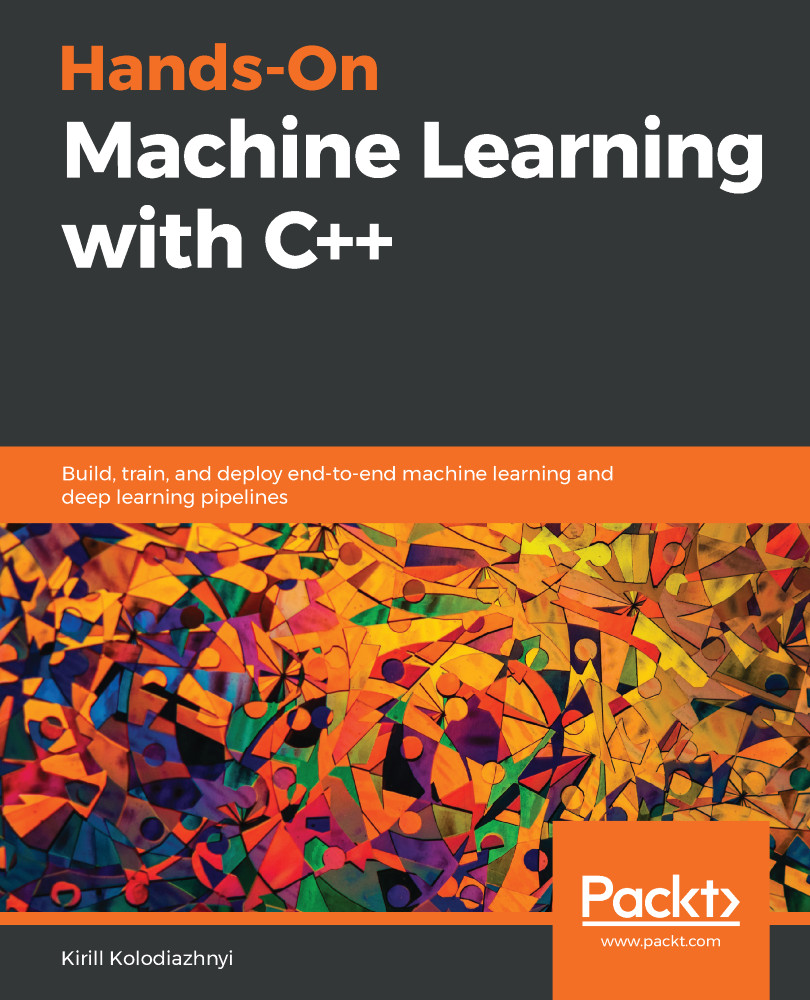In this chapter, we'll discuss deploying machine learning models on mobile devices running on both the Android operating system and the Google Cloud Platform (GCP).
Using C++ on mobile devices allows us to make programs faster and more compact. We can utilize as many computational resources as possible because modern compilers can optimize the program concerning the target CPU architecture. C++ doesn't use an additional garbage collector for memory management, which can have a significant impact on program performance. Program size can be reduced because C++ doesn't use an additional VM and is compiled directly to machine code. These facts make C++ the right choice for mobile devices with a limited amount of resources and can be used to solve heavy computational tasks.
Using C++ to implement machine learning models...


